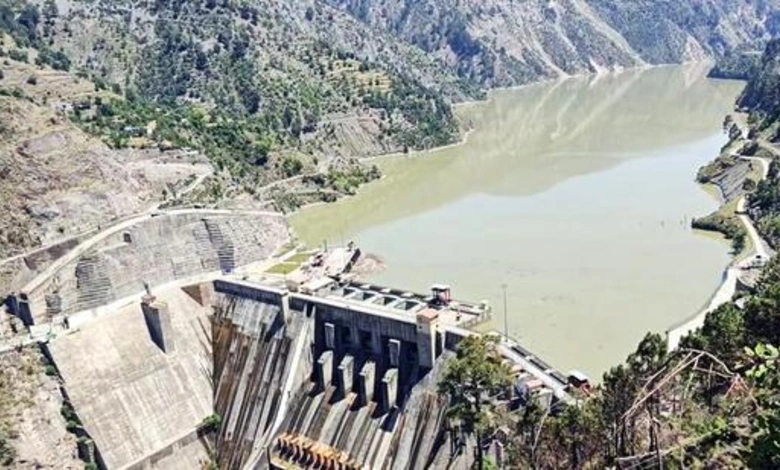India’s Chenab River Restrictions Threaten Pakistan’s Kharif Crops

Pakistan’s Indus River System Authority (IRSA) advisory committee raised alarms on Monday over a significant reduction in Chenab River inflows at the Marala Barrage, attributing the drop to actions by India. This development is expected to cause water shortages that could disrupt Pakistan’s early Kharif crop season.
The committee noted that the sudden decrease in water flow, caused by restricted supply from India, poses a serious threat to agricultural output during the early Kharif period, spanning May to June 10. IRSA estimates a 21 percent water shortage for this period, assuming normal Chenab River supplies resume. However, the agency warned that continued reductions could necessitate a reassessment of this projection, with daily monitoring now in place to track the situation.
For the late Kharif season, from June 11 to September, IRSA projects a less severe shortfall of approximately 7 percent. The committee calculated Punjab’s water availability for the entire Kharif season at 31.35 million acre feet (MAF), while Sindh is expected to receive 28.85 MAF.
The reduction in Chenab River inflows follows India’s decision to suspend the Indus Waters Treaty, a move prompted by the April 22 terror attack in Pahalgam, Jammu and Kashmir, which claimed 26 lives. India has since closed the gates of the Baglihar and Salal dams, significantly curtailing water flow to Pakistan. This has led to a drastic drop in water levels, with some sections of the Chenab Riverbed in Jammu’s Akhnoor area becoming dry enough for locals to walk across.
IRSA’s advisory panel emphasized the gravity of the situation, stating that the limited water supply from India could exacerbate shortages and jeopardize Pakistan’s agricultural sector during the critical early Kharif season.
